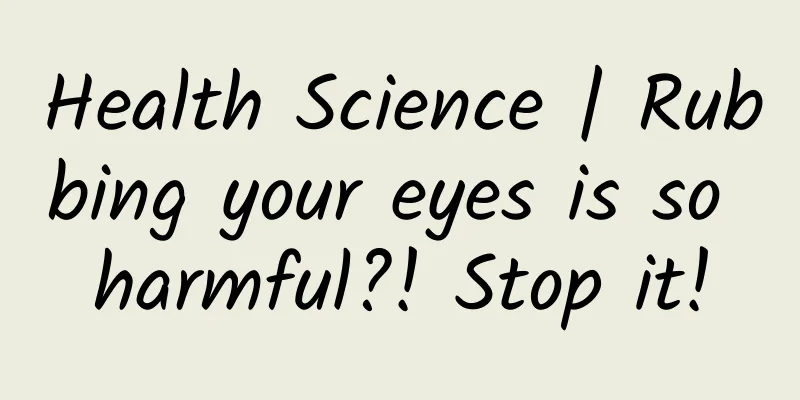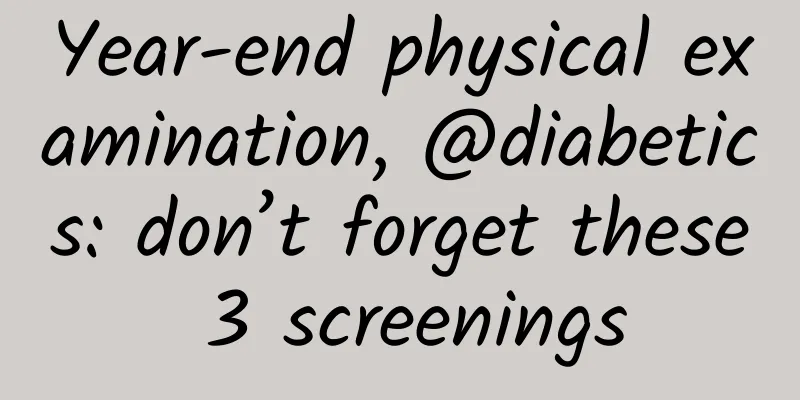Will chewing gum stick to the intestines if swallowed? Here comes the scientific truth!

|
Many people were scared by their parents when they were young: "Don't swallow chewing gum, it will stick to your intestines!" Some people even say that it will "stay" in the body. If you accidentally swallow a piece of chewing gum, is it really that dangerous? Here is the scientific answer - 1. The composition of chewing gum: Why is it "indigestible"? The "soul" of chewing gum is the gum base (natural or synthetic rubber), which gives the gum an elastic chewing feel. In addition, it also contains sweeteners, flavors and softeners. Key Points - The gum base cannot be broken down by human digestive enzymes**, but it is not a "super glue" and will not actively adhere to the intestines. - Ingredients such as sweeteners and flavors will be absorbed or broken down, leaving only the gum base. 2. What happens to chewing gum in the body? ** 1. Stomach "rolling" Gastric acid and stomach muscles will act like a blender, mixing chewing gum with other foods into a paste (chyme) and then pushing it into the intestines. Although the gum base does not break down, gastric acid and mechanical action will weaken its viscosity. 2. Intestinal roller coaster The intestines continuously push the contents forward through regular peristalsis (about 1-2 times per minute), and the chewing gum will be wrapped in mucus and "brush past" the intestinal wall. Mucus barrier: The surface of the intestine is covered with a slippery mucus layer, which greatly reduces the possibility of foreign matter directly contacting the intestinal wall. 3. Final destination Within 1-3 days, chewing gum will be excreted from the body with feces and will not "settle" in the body. 3. Debunking misunderstandings: the rumors you have heard over the years - ❌ "Gum will stick to the stomach/intestines": The intestines are smooth and constantly moving, so gum has no chance to "take root". - ❌ "Remains in the body for 7 years": This is a complete rumor! Although the gum base does not decompose, the excretion system will normally remove it. - ⚠️ The only risk**: Swallowing a large amount of chewing gum (such as dozens of pieces) in a short period of time may increase the risk of intestinal obstruction, but this is extremely rare. 4. What should I do after accidental swallowing? - Stay calm: There is no need to panic if you accidentally swallow something, just observe your body's reactions. - Drink more water and eat high-fiber foods: help speed up intestinal peristalsis and promote excretion. - Signals to seek medical attention: If you experience persistent abdominal pain, vomiting, or inability to defecate, seek medical attention promptly (but the probability is extremely low). Summarize Chewing gum is not a "gut killer" and swallowing a piece occasionally will not stick to the intestines. Look at rumors scientifically and put aside your anxiety, but also educate your children to develop a good habit of spitting out after chewing! |
<<: Why does it feel like the smell of hot pot on your body lasts longer than perfume?
Recommend
American TV series enter the era of strict inspection ahead of time, and cloud storage becomes the biggest beneficiary
On February 27, the eighth day of the first lunar...
The first screenshot of iOS 16 is exposed! This style is no different from Android
I guess everyone is tired of the bugs in various ...
Is there a lot of "junk" above our heads? The problem of space debris cannot be ignored
About two weeks ago, the astronauts who were slee...
The Great Cold, New Year's Eve and Spring Festival are "happily linked" only five times in this century!
Science Fiction Network, January 19 (Jin Kaiyi) T...
ARM confirms Huawei has the v9 architecture license, and the Kirin chip race against time has dawned
ARM has released Armv9, an architecture that clai...
What exactly are the cloud phones that Baidu and Huawei are working on?
[[350635]] Recently, Baidu officially released th...
5 steps to plan an event promotion!
Whether you are doing user operations, new media ...
Sailing east six times? This is Jianzhen's voyage eastward
Sailing east six times? This is Jianzhen's vo...
It takes 400,000 years to encounter aliens? How did you calculate this?
Science fiction writer Liu Cixin said in his book...
Audi predicts that traditional car manufacturing assembly lines will be eliminated within 10 years!
Audi predicts that the way cars are manufactured ...
30 popular short video shooting techniques!
Shooting short videos is not as difficult as you ...
Product analysis and material optimization are two essential skills for information flow advertising optimizers!
In fact, everyone has read a lot of useful inform...
Without a switch, fluid or flame can flow in one direction. What is the principle of the Tesla valve?
What should you do if you want to transport fluid...
New bond training video tutorial
New bond training video tutorial A complete set o...
Meitu XiuXiu product analysis report!
When it comes to mobile phone photo editing softw...









